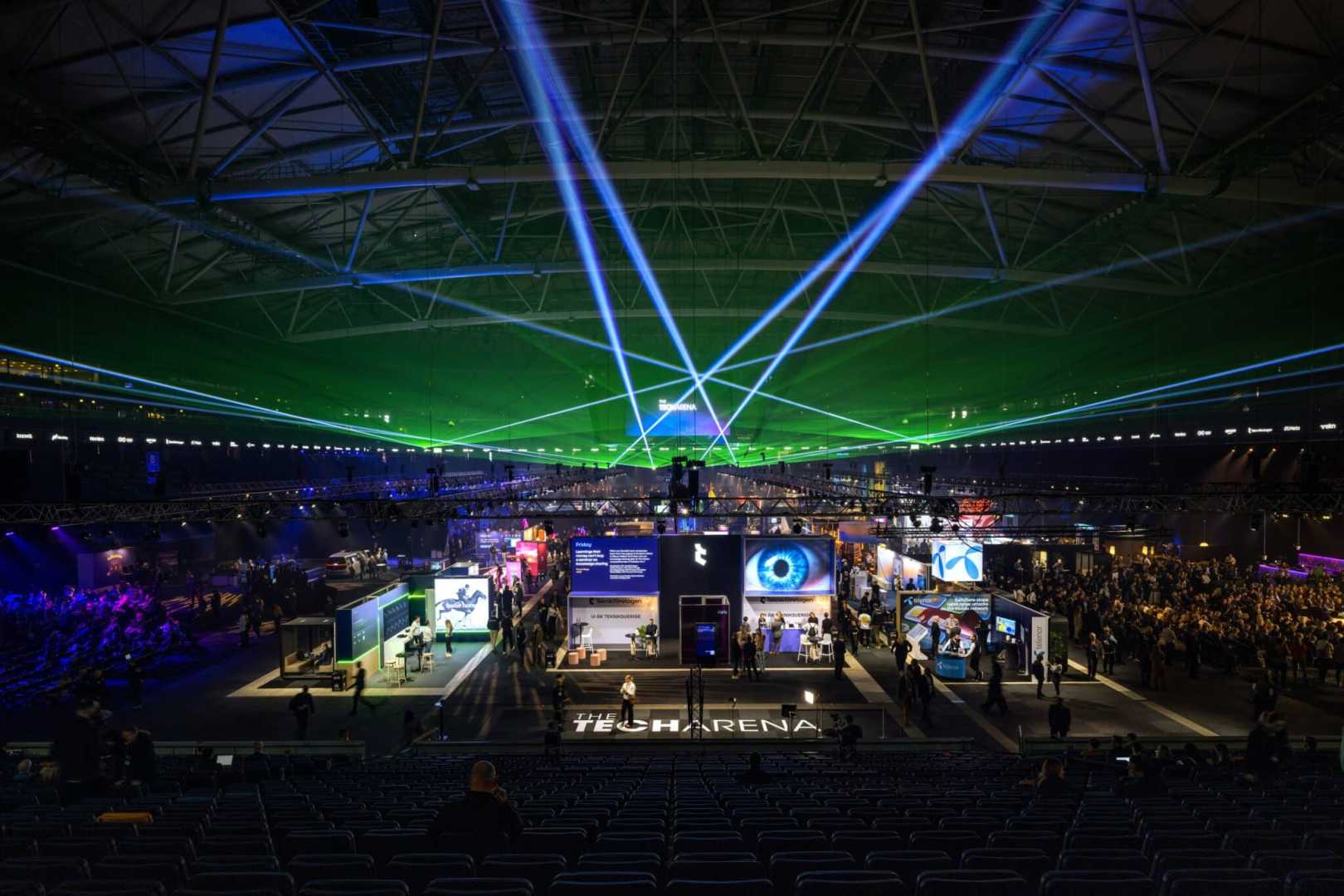Politics
Sanna Marin Discusses Europe’s Security Amid Ongoing Conflict

TUKHOLMA, Ruotsi — Former Finnish Prime Minister Sanna Marin expressed her concerns about Europe’s security during a speech at the TechArena event in Stockholm on Friday morning.
In light of the ongoing conflict in Ukraine, Marin remarked, “We have war in Europe, and I believe we are all part of it.” She highlighted the hybrid warfare affecting both Finland and Sweden as part of a broader trend across the continent, stating, “We will see such situations, whether they are hybrid attacks or something else, all around Europe, even more.”
Despite this, Marin clarified that she does not foresee Finland facing armed conflict in the near future. “I believe that if we do not stop Russia in Ukraine, they may continue on to Moldova, then the Western Balkans, perhaps even the Baltic states,” she warned.
Marin, a prominent figure in European politics, cautioned against complacency, stating, “I do not think Finland would be first on that list, but I cannot rule it out, as the world has changed, and we are no longer following a rule-based world order.”
During her address, she also reflected on Russian President Vladimir Putin‘s leadership. “If Putin loses in Ukraine, a revolution in Russia is possible,” Marin stated. “There has always been revolution momentum at the moment of defeat, not victory.” This sentiment sparked laughter among the audience when she asked, “But I ask you, what would be worse than Putin?”
Marin criticized Putin’s oppressive regime, emphasizing, “He has silenced the opposition, journalists, minorities, the Russian people. I don’t believe that the Russians are doing very well these days. He has started a war in Europe.”
In her view, the key to overcoming dictators like Putin is ensuring Ukraine’s victory in its struggle. She urged European nations to confront challenges head-on, saying, “Europe has many capabilities. We are not as weak as we pretend to be. We have a very good industry, our economy is one of the largest in the world, and we possess a lot of expertise and skills.”
Marin called for “massive investments” and collaboration, particularly in defense and defense industries, stating, “We must abandon normalcy and transition to a reality that, unfortunately, is more of a wartime mentality.”
Pointing to the future, she noted, “The next crises in Europe will be related to technology.” Marin explained, “The world is already so digitized, and our societies will be completely digitalized in the future. We expose ourselves to coercion and threats if we lack technological security and strategic autonomy on critical issues.”
The former prime minister was also asked about a potential return to politics. “I get asked this all the time,” she began. “It hasn’t been that long, so I don’t miss it yet. Perhaps nostalgia will come later. I am still doing political work. I work at the Tony Blair Institute, focusing particularly on Ukraine and Moldova’s EU membership, as well as other issues like demining and foreign investments in Ukraine. Additionally, I am writing a book, my memoirs. Perhaps later I will revisit the question of politics.”
Marin hinted that her memoirs, set to be released in November, would include stories about Finland and Sweden’s NATO membership process, thanking Sweden for its cooperation. She emphasized the importance of collaborative decision-making, stating, “My greatest fear was what has now come true: that we would have an active war in Europe and a situation where, on one side, there is Putin and, on the other side, Trump, trying to make deals or some kinds of decisions over smaller countries. That is happening now.”












